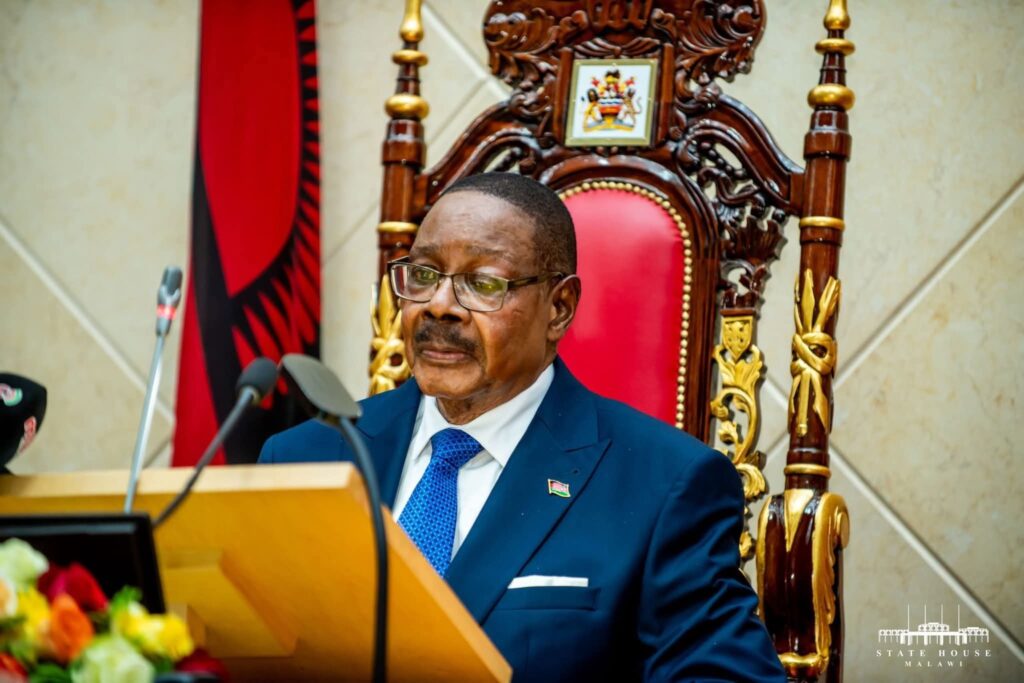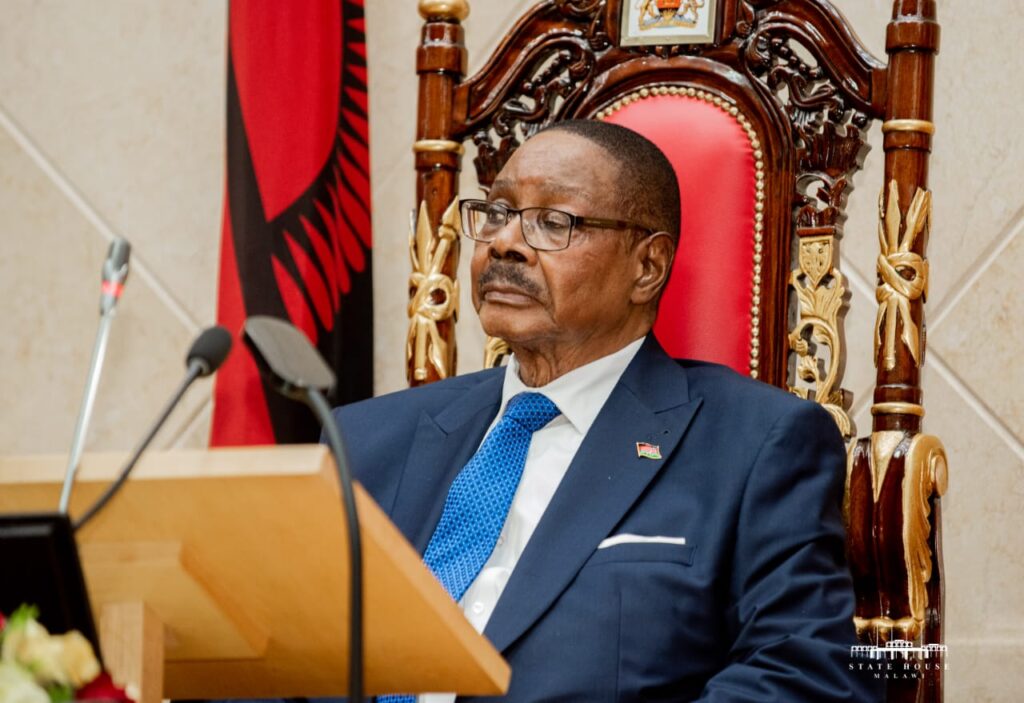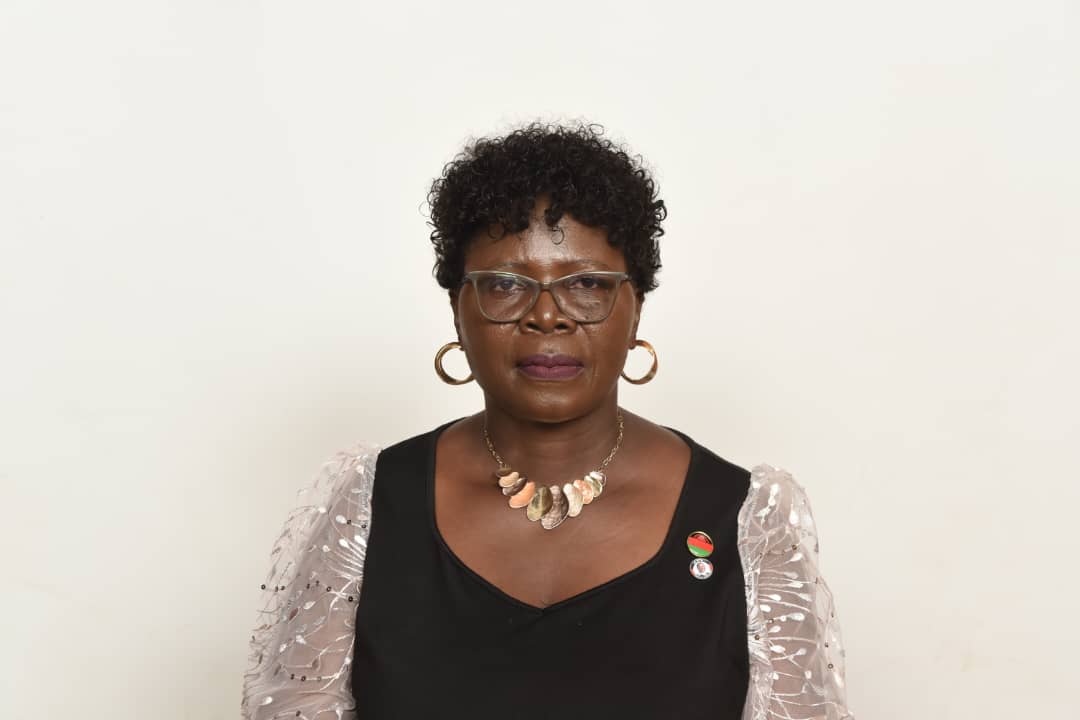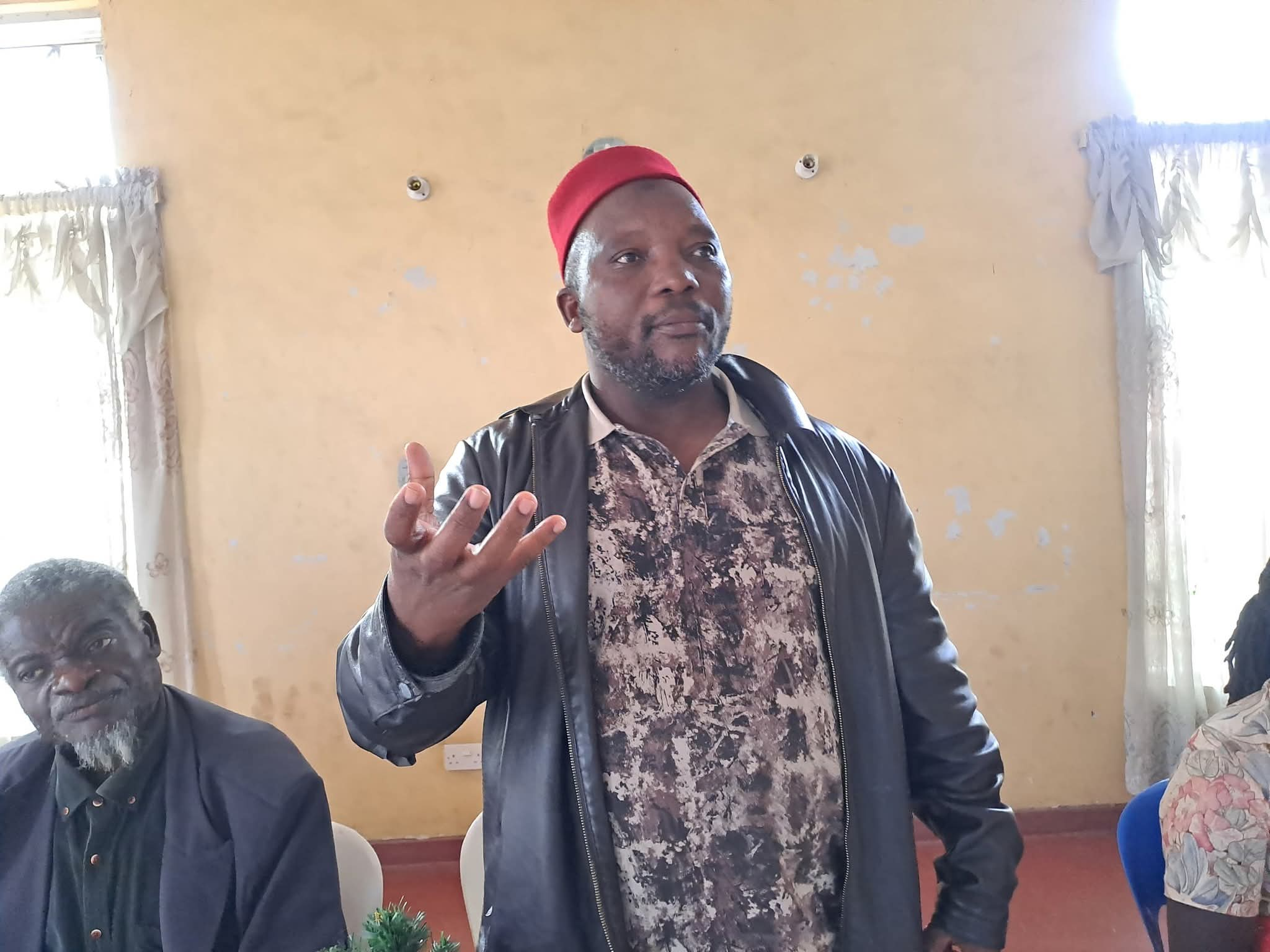By Burnett Munthali
Atupele Muluzi’s assertions regarding the United Democratic Front (UDF) moving forward independently, while simultaneously downplaying the need for alliances, reflect a troubling complacency that could have severe repercussions for the party and the broader opposition in Malawi. The UDF’s inability to secure even half a million votes in the 2019 elections should serve as a wake-up call, not a point of pride.
Declining influence and voter support
The 2019 election results starkly highlighted UDF’s declining influence and voter support. Securing only around 120,000 votes in a competitive political landscape signals not just a lack of popularity but also a disconnect from the electorate’s needs and sentiments. Instead of acknowledging this critical reality, Muluzi seems content with a status quo that is clearly not working. His refusal to consider alliances with other opposition parties—despite emerging concerns that some parties may be receiving financial incentives from the ruling Malawi Congress Party (MCP) to remain divided—suggests a serious misjudgment of the current political climate.
Naivety and counterproductive independence
Muluzi’s statement that “UDF is moving forward on its own” is not only naive but also counterproductive. In the realm of politics, unity often translates to strength. By opting for independence, Muluzi risks alienating potential supporters who may perceive a fragmented opposition as unlikely to effectively challenge the ruling party. The assertion that the UDF can win independently ignores the strategic necessity of collaboration, especially given the significant external pressures and challenges facing the opposition.
Financial manipulation and divided opposition
The rumors circulating on social media regarding financial incentives for certain political parties to avoid uniting against the MCP add another layer of complexity to the situation. If these claims hold any truth, they paint a dire picture of a political landscape where financial manipulation undermines genuine democratic processes. Muluzi’s refusal to engage in meaningful dialogue with other parties may inadvertently serve the interests of the ruling party, which stands to benefit from a divided opposition.
Detachment from pragmatic needs
Furthermore, Muluzi’s insistence on not joining any cabinet or alliances conveys a sense of detachment from the pragmatic needs of the political situation. With the 2025 elections approaching, the UDF risks becoming irrelevant in the national political discourse if it continues to operate in isolation. In a climate where voters increasingly seek unity and collective action, the party’s reluctance to forge alliances could lead to further marginalization.
Reevaluation of strategy
Muluzi’s confidence in UDF’s ability to succeed independently appears misplaced. The party’s historical performance and current voter sentiment call for a critical reevaluation of its strategy rather than stubborn adherence to an independent path. Given that electoral success often hinges on collaboration and unity, Muluzi must reconsider his approach if he aims to galvanize support for the UDF.
Conclusion
In conclusion, Atupele Muluzi’s complacency in the face of electoral challenges poses a significant threat not only to the UDF but also to the opposition’s potential to unite and effectively contest the ruling party. It is essential for Muluzi to recognize the importance of alliances in today’s political climate and to adapt his strategy accordingly. Ignoring the need for unity may result in further marginalization of the UDF and ultimately undermine the democratic aspirations of the Malawian people. If Muluzi genuinely wishes to lead a viable opposition, he must embrace collaboration and acknowledge that strength lies in unity, especially in a political environment that demands collective action against a well-resourced ruling party.














